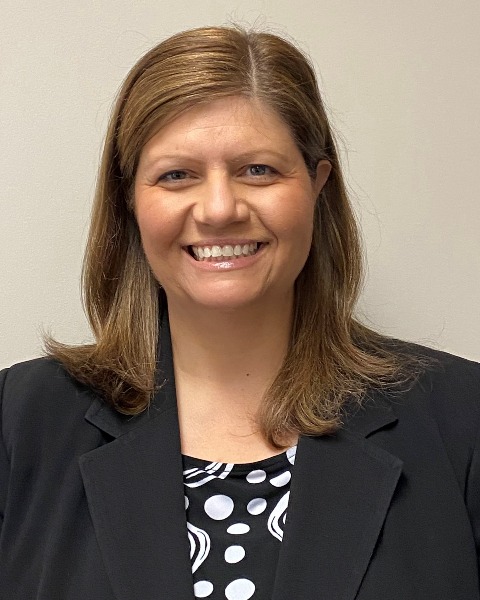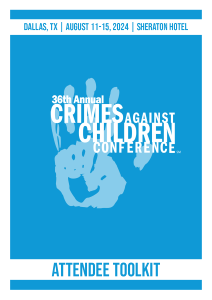Back
Workshop
Marriott
Corroborating Your Victim’s Statement and Your Case (Part 1) REPEAT
Wednesday, August 14, 2024
8:30 AM – 9:45 AM CT
Location: Plaza A
Credit Hours: 1.25

Alycia Eldridge (she/her/hers)
Senior Assistant Commonwealth's Attorney
Office of the Commonwealth's Attorney for Rockingham County and the City of Harrisonburg.jpg)
Greg Miller
Detective
Harrisonburg Police Department
Primary Presenter(s)
Co-Presenter(s)
Law enforcement professionals, child protection workers, and prosecutors know that child sexual abuse cases present unique challenges and are some of the most difficult cases to investigate and prosecute. In these cases, there is rarely physical evidence and almost never witnesses to the actual crime. For many jurors, it is easier to believe that a child is lying than to believe that these horrific acts happen in the homes of our communities. This workshop will focus on the importance of corroborating a victim’s statements and will provide investigative and prosecutorial strategies for gathering and presenting essential corroborative evidence. Corroborative evidence will help to show jurors that the child victim is telling the truth and has a good memory of events, in addition to helping overcome possible inconsistencies or recantations. Topics will include the importance of the suspect interview and other witness interviews, the use of digital evidence, and ways to present all of this evidence in court. Real world case examples will be used throughout. This class utilizes a team-teaching, team-learning, multi-disciplinary approach.
Learning Objectives:
- Participants will learn best practices for a multidisciplinary approach to the investigation and prosecution of a child sex case
- Participants will employ strategies to overcome common problems in child sexual assault cases
- Participants will learn effective ways to gather and present evidence at trial

